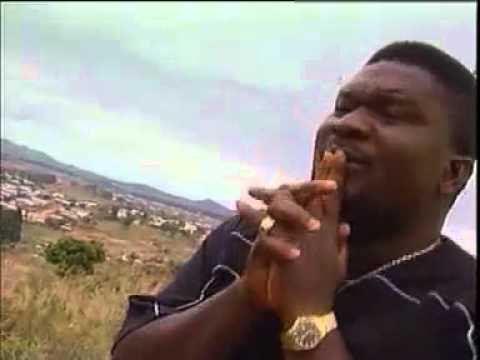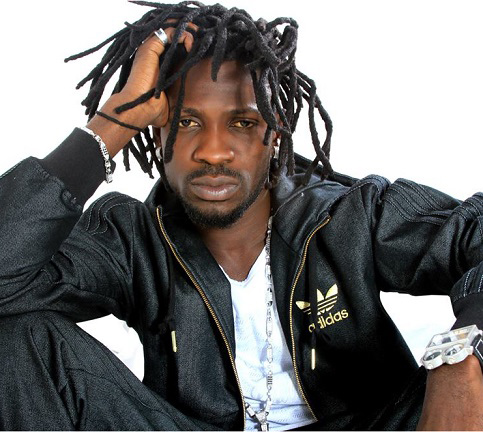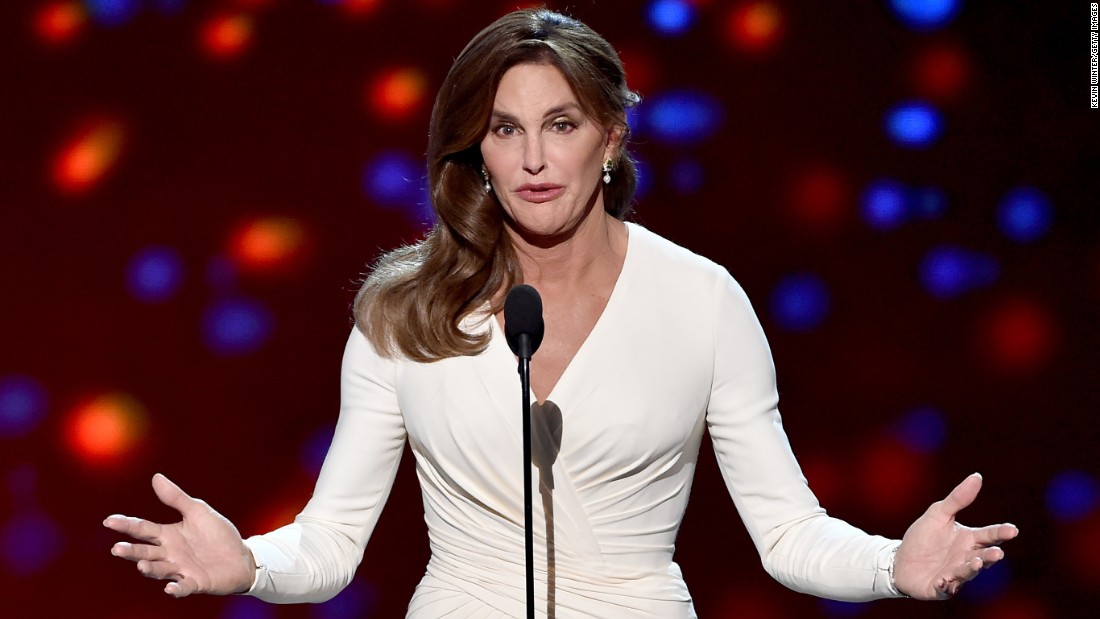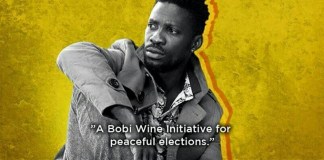To see rapid progress, compare 2 African musicians
Colin Stewart is a 45-year journalism veteran living in Southern…
By Jack Flanagan

For a glimpse of how quickly positive change can occur, but also how much change is needed in attitudes toward LGBT people, consider two African musicians.
One is intensely homophobic; the other formerly was homophobic, but now accepts that LGBT people should enjoy the same human rights as everyone else.
Singer Lucius Banda of Malawi is infamous for his anti-gay proclamations. Banda condemned his country’s moratorium on arrests for gay sex (which can be punished with a sentence of 14 years). Banda, who is both a singer and a member of parliament, halted a concert in December after he saw two men kissing in the audience. He later explained his behavior in a Facebook post.
“Let me apologize to my fans for what happened yesterday,” he said. “Even though I had two more songs to perform I had problems to continue after I noticed two men intimately engaging each other to the extent of kissing each other.
“The fact is that most people in the country are not for homosexuality, and if I had mentioned them in public it would have gotten the two men assaulted surely.
“I’m not musically funded by any Western country. My donors are God the father, the Son and the Holy Ghost. With a no sodomy condition attached.”
The last remark refers to the fact that Banda’s contracted tour in the UK was cancelled earlier this year, because of his homophobic history. The tour organizers, Grajoh Talent Management, said it was cancelled because of Banda’s “controversial statements on homosexuals”. Malawian musicians Lulu, Skeffa Chimoto and Dan Lu replaced Banda for the Easter season tour.
Banda, known as ‘Soldier’ by his fans, says he swims with the tide, claiming he is observing the “values that we follow as Malawians.”
“Homosexuality is a disability and I don’t condone disabilities. If you are disabled, you go and get medicine; you don’t say ‘this is a minority’. You don’t create a minority out of a mistake. If you eat through your nose and not your mouth, it’s abnormal,” he told the Maravi Post.

While Banda claims to protect the values of other Malawians, another African musician has changed his tune. In February of this year, Ugandan singer Bobi Wine (real name, Robert Kyagulanyi) asked forgiveness from the Ugandan LGBT community for supporting the Anti-Homosexuality Act in 2014.
Coincidentally, in 2014 the singer had a concert cancelled in Birmingham, England – in a similar situation to Banda’s — because of his songs’ homophobic lyrics, like “burn all the batty man [gay men]”.
He recently posted a message on Facebook expressing respect for people of different creeds. “Ayawuka kundowoza yo tekimufula mulabe wo” he said, meaning “a difference in opinion doesn’t make us enemies.”
In the full post he elaborates on his change of heart:
“In my life, I have disagreed with many people over many issues. Our opinions have differed on religion, sexual preferences, politics and a wide range of ideologies.
“There are reasons why we differ in thinking ranging from the way we are brought up, our geographical locations, social classification and the general mindset of societies where we live.
“That doesn’t mean that an individual is superior or inferior to the other just because they differ in opinions about the above.
“Let us approach every issue with respect for one another, let us replace violence with tolerance. Let us tolerate each other no matter how far distant our opinions might differ. I believe that if we all subscribed to only one opinion, we would be damn fools.”
This message was met with both support and criticism on his official fan page.
Kuchu Times commented, “With the view that Ugandans are very commonly influenced by celebrities’ opinions, Bobi’s ‘new found’ approach to life (people’s sexual preferences in particular) could be the extra push the general public needs to embrace LGBTI individuals as not just sexual beings rather people with important roles to play in society.”

Vocal celebrity support is often a precursor to social change, as it has been in the United States. Recently, Caitlyn Jenner’s televised transformation has raised awareness of the need for recognition of transgender rights in the United States.
Some of Bobi Wine’s fans may adopt his latest philosophy and add their voices to the clamor for change in their countries’ homophobia, or at least might lower the volume of their anti-gay comments.
However, to the extent that celebrities influence their fans’ attitudes, powerful voices like that of Lucius Banda remain an obstacle to progress.
Jack Flanagan is a writer from London, England, United Kingdom. He is a contributor to Gay Star News, Attitude, and the Advocate. He believes LGBTI rights are civil rights, and the responsibility of everyone.
Related coverage of Lucius Banda:
- Top Malawi musician dumped over anti-gay views (MambaOnline)
- Catholic bishop praise musician-cum-MP (Nyasa Times)
- Malawi MP and singer ends concert early when he spots two men kissing in audience (Gay Star News)

Related coverage of Bobi Wine — now:
- Singer Bobi Wine apologises to Ugandan LGBTI over previous backlash (Kuchu Times)
- Ugandan rapper who wanted all gays murdered says he has now evolved on human rights (Gay Star News)
Related coverage of Bobi Wine — then (2014):
- Anti-gay rapper banned from Birmingham venue over homophobic lyrics (Birmingham Mail)


